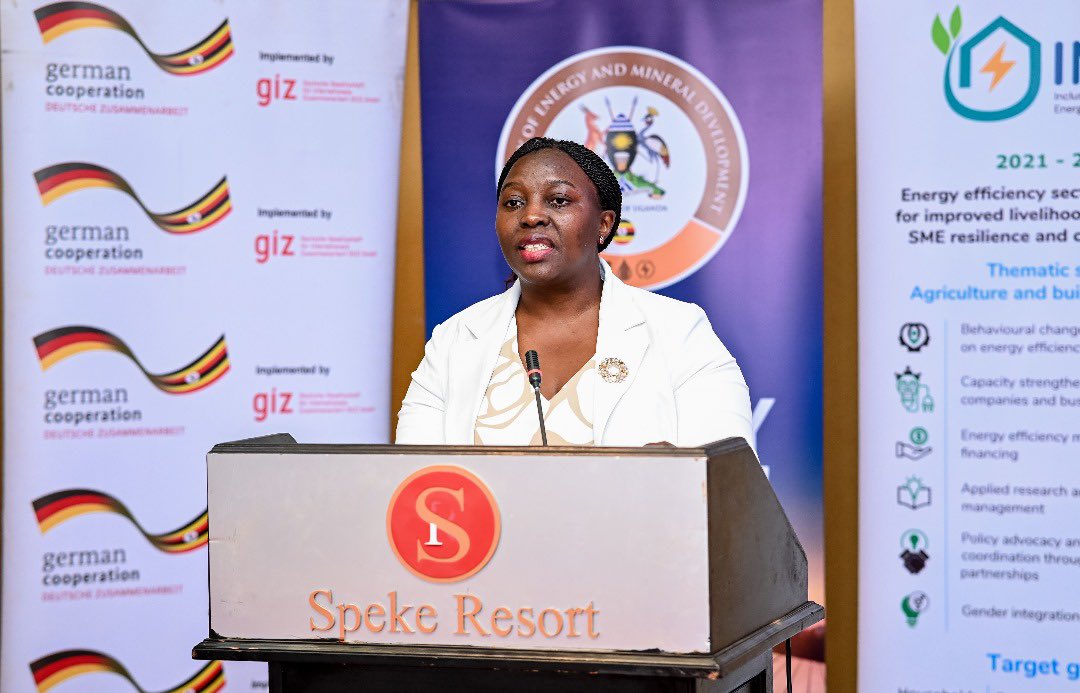Sweden’s Ambassador to Uganda, H.E. Maria Hakansson, has emphasized the transformative potential of investing in renewable energy sources and adopting sustainable practices for Uganda’s future.
“By investing in renewable energy sources and adopting sustainable practices, we can create a cleaner, healthier, and more prosperous futuristic Uganda for all,” stated Ambassador Hakansson.
She was speaking at the Energy Efficiency and Electric Mobility Conference 2023, held at Speke Resort Munyonyo on Tuesday.
The Energy Efficiency and Electric Mobility Conference 2023 brought together experts, policymakers, and stakeholders to discuss innovative solutions for a more sustainable and energy-efficient future. Ambassador Hakansson’s remarks highlighted the importance of collective efforts in transitioning towards cleaner and greener energy alternatives.
Ambassador Hakansson’s advocacy for renewable energy aligns with the global push for environmental sustainability and underscores Sweden’s commitment to supporting Uganda in its pursuit of a cleaner energy landscape.
Echoing the sentiment, Irene Bateebe, the Permanent Secretary of Uganda’s Ministry of Energy and Mineral Development, shared insights into the government’s comprehensive strategy during her address at the conference.
“The government has laid out a comprehensive strategy to promote energy efficiency and e-mobility, including the Energy Policy of 2023, the draft EECD Bill, and the Energy Efficiency Roadmap for Uganda of 2017,” remarked Permanent Secretary Bateebe.

Ms Irene Bateebe, Permanent Secretary
The Energy Policy of 2023 is geared towards creating a regulatory framework that encourages the adoption of renewable energy and energy-efficient practices. The draft EECD Bill, currently under consideration, aims to provide a legal foundation for energy efficiency and conservation efforts in Uganda. The Energy Efficiency Roadmap for Uganda of 2017 serves as a guiding document, outlining a strategic plan for the integration of energy-efficient technologies across various sectors.
The government’s commitment to these initiatives signals a proactive approach to address energy challenges, reduce carbon emissions, and drive sustainable development. The conference provided a platform for stakeholders to exchange ideas, discuss challenges, and explore innovative solutions to propel Uganda towards a cleaner and more energy-efficient future.
As the discussions at the Energy Efficiency and Electric Mobility Conference unfold, the collaborative efforts between Uganda and international partners, such as Sweden, are expected to pave the way for a greener and more sustainable energy landscape in the country.